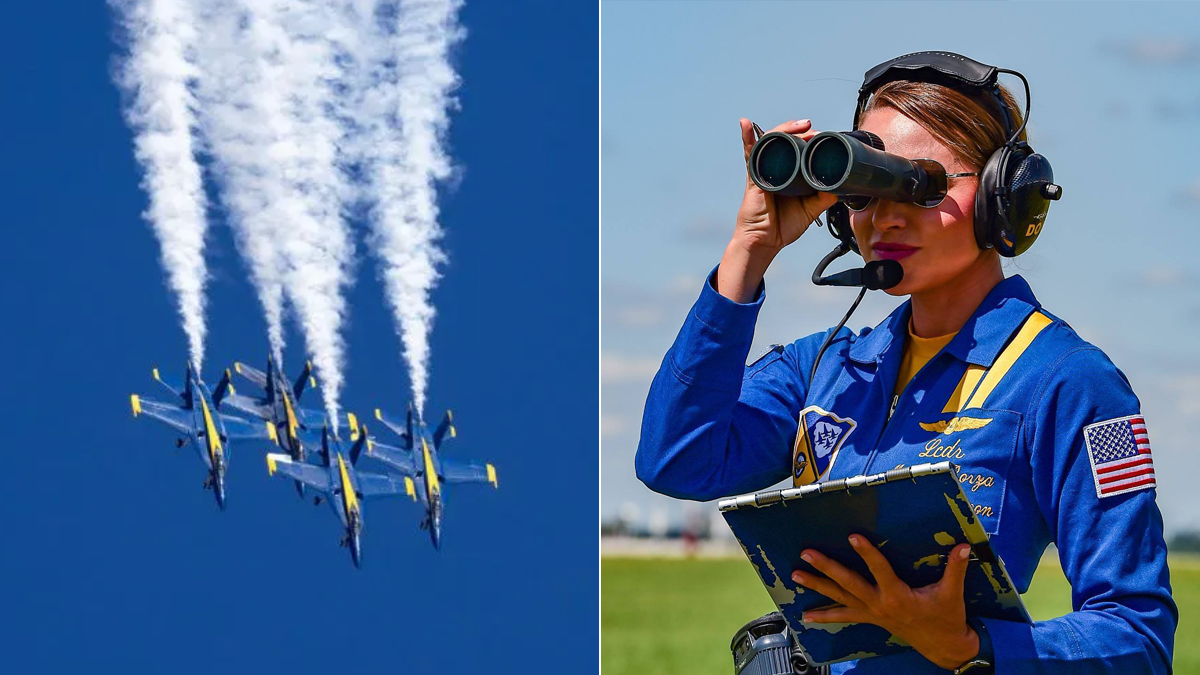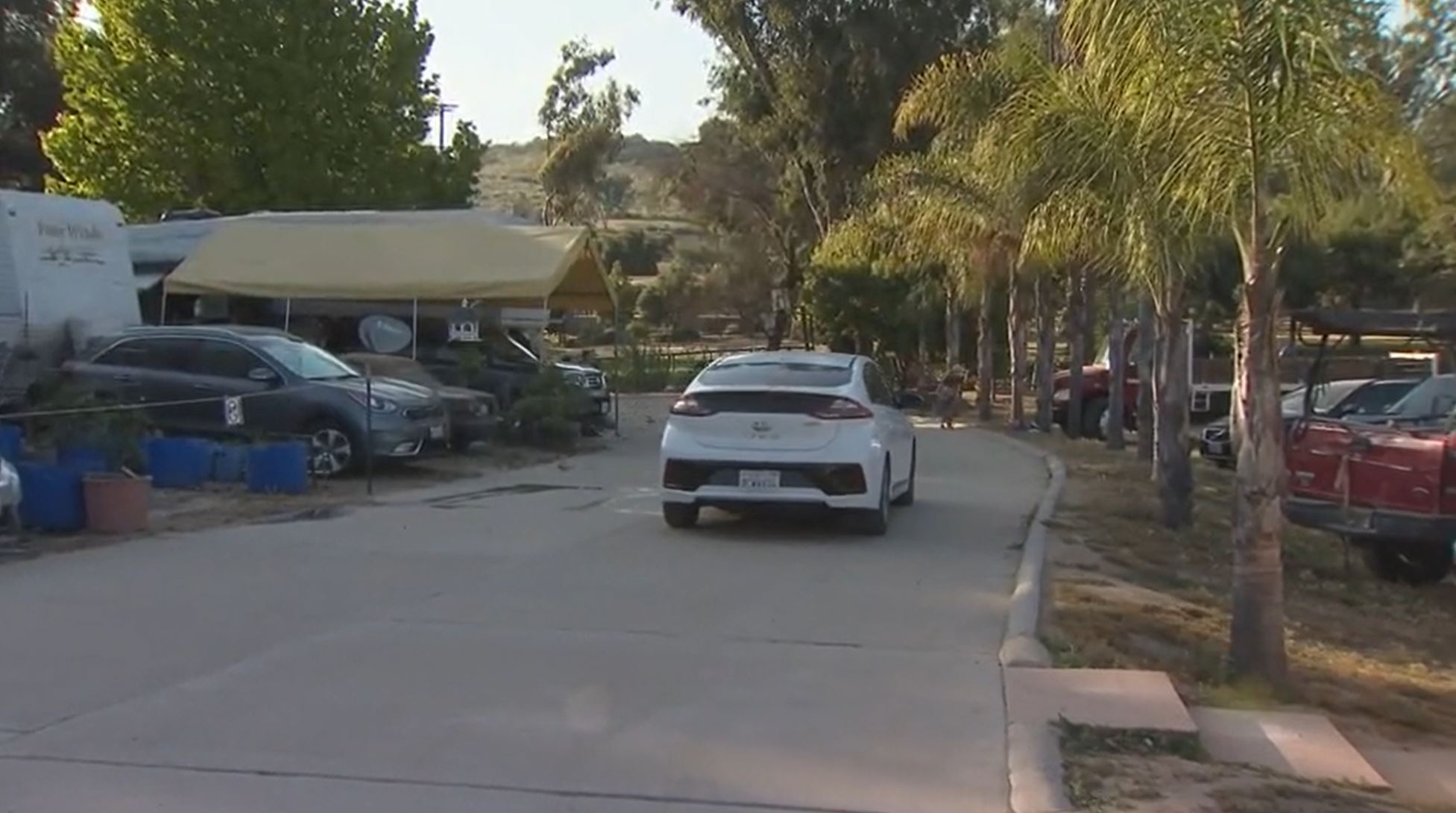More than two years after Daniel Plata first got sick with COVID, he still has to carry around his oxygen tank.
He’s often in pain and he says his memory isn’t what it used to be.
But despite over two years of lingering COVID symptoms, Plata said he’s just thankful to be alive.
“To be here today, it's a miracle,” Plata said. “Most of the people that were as sick as I was didn't get a chance to come back to life.”
Get San Diego local news, weather forecasts, sports and lifestyle stories to your inbox. Sign up for NBC San Diego newsletters.
Plata was hospitalized with COVID in January 2021. He spent 86 days in the hospital, 65 of those days on an ECMO machine and 45 days on a ventilator.
“When I left [the] ICU after three months, I was getting better but it seemed like in a few months it slowed down a lot, I hit a plateau,” Plata said. “And I was stuck there for about three months. At the year mark, I'm gonna say most of my side effects, most of my symptoms were gone.”
A recent study of about 2 million patients with mild infections in Israel found that most long COVID symptoms eased or even disappeared within a year.
Local
“I'm gonna say that at the year mark, if I would have not gotten as sick as I was, most of my symptoms would have been gone,” Plata said.
He’s not entirely wrong. Doctor William Tseng with Kaiser Permanente said his long-haul patients who had a severe initial infection typically take longer to recover from long COVID.
“People who have mild symptoms seem to get better with time,” said Tseng, assistant chief of staff at Kaiser Permanente. “So if you have a non-hospital versus hospital for COVID, that makes a difference.”
Tseng said the research is reassuring but he worries it overestimates how many people are getting better.
Julia Vogel, a COVID patient researcher with Scripps Health, and a long hauler herself, agrees.
“I certainly see a lot of folks getting better within those first six months and really, there's a chance of spontaneously recovering anytime along the up to the three-year mark,” Vogel said. “But there are a significant number of folks that are reaching that three-year mark with no sign of getting better or they're actually getting worse.”
It’s been over two years since Vogel was initially infected with COVID and she still has lingering symptoms.
“Things like taking a shower are things I have to plan out,” Vogel said. “I just have to be very careful about how much exercise I get.”
She said we still have a long way to go to find out why these symptoms linger after COVID but these types of research studies are a good place to start.
“What I hope for is that there's been so much progress in the sciences in the past three years,” said Vogel. “I'm hopeful that within five years, there'll be treatments for the type of, you know, the longevity of long COVID that I have.”



